How Industries Can Lead the Zero Waste Revolution
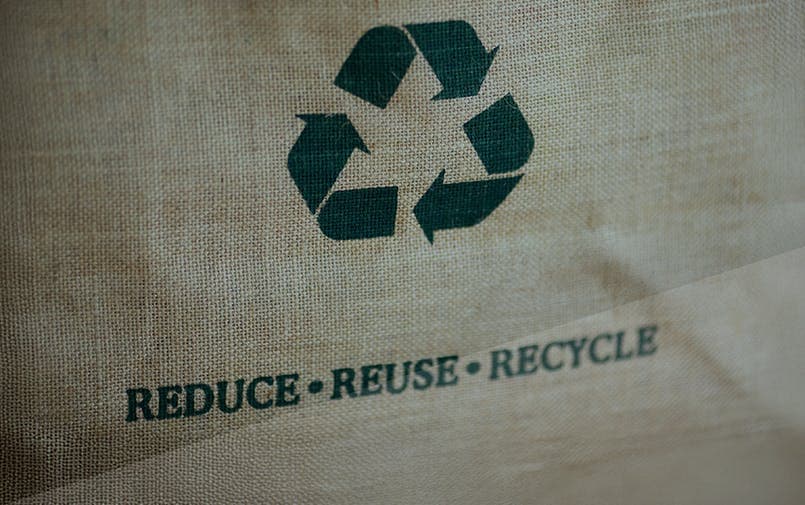
In an era where sustainability claims are prominently displayed on packaging and websites, “zero waste” can not become just another catchphrase. For industries, especially those in plastics, textiles, and packaging, zero waste manufacturing is the way to go, because their waste output is unmanageable.
The World Bank estimates that world waste will grow by 70% by 2050 if waste trends continue. In textiles alone, the Ellen MacArthur Foundation estimates 92 million tonnes of textile waste are created annually, and less than 1% is recycled into new clothing.
As a textile recycler dedicated to closing the loop, JB rPET understands that achieving true zero waste means rethinking processes at every stage of production. We must enable structural transformation at scale, across sectors, supply chains, and value networks to make way for a circular economy in industry.
The Textile Recycler’s Role in Zero Waste Manufacturing
While many sectors contribute to waste, textiles present a unique challenge. Pre-consumer waste, from spinning, weaving, and knitting processes, often contains polyester fibres that are discarded simply due to impurities or colour inconsistencies.
The role of a textile recycler is not just to divert this waste from landfills, but to reintegrate it into production in a form that is at par with virgin materials in quality. At JB rPET, this means turning spinning scraps and weaving offcuts into chemical recycling resin that can be reprocessed into high-quality rPET chips.
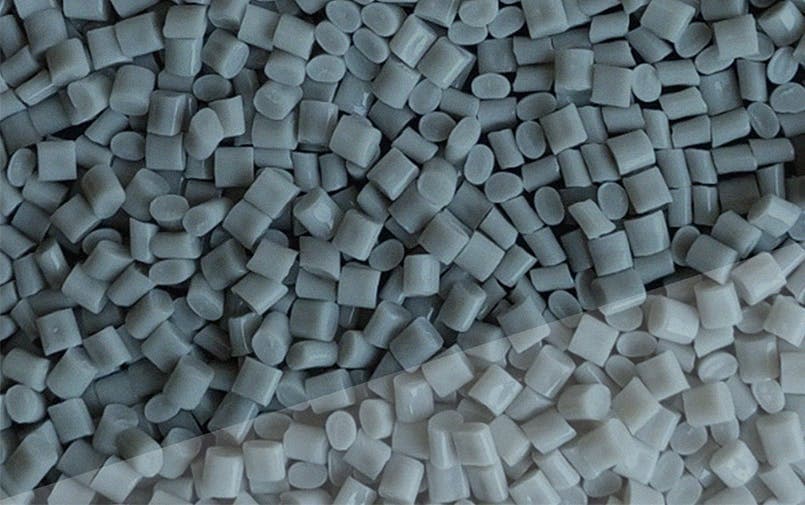
This process not only closes the loop for recycling polyester textile but also reduces reliance on virgin petroleum resources. According to WRAP, recycled polyester has a 59% lower carbon footprint than virgin polyester.
Recycling Polyester Textile
Polyester is the backbone of modern apparel and industrial fabrics. But with its durability comes a dark side, it doesn’t biodegrade. Traditional recycling methods have limitations such as:
- Colour contamination affects quality
- Multiple cycles degrade fibre strength
- Limited scope for textiles with mixed compositions
By investing in recycling polyester textile through advanced chemical recycling resin processes, JB rPET addresses these points. We depolymerize waste polyester back into its monomers, purifying it to the level of virgin PET, and then rebuild it into new fibres over and over again, without quality loss.
Zero Waste Manufacturing
In the broader context of zero waste manufacturing, textiles are just one component. Industries must commit to:
1. Designing for recyclability: Selecting monomaterials and standardising parts to facilitate future recovery.
2. Integrating industrial recycling solutions: Partnering with recycling companies that can recycle without reducing quality.
3. Tracking waste flows: Tracing every piece of material to ensure it cycles back into production.
A textile recycler like JB rPET can manage waste: create a closed-loop ecosystem, invest in recycling innovation in industry, and turn waste into an asset.
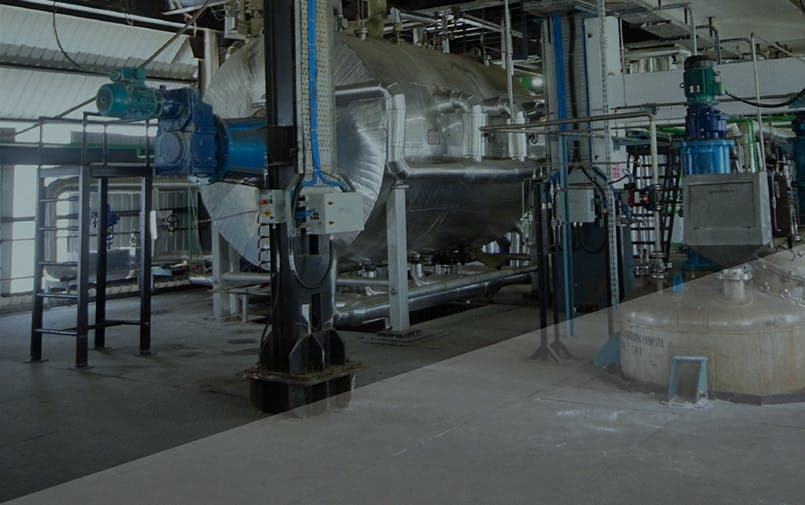
Industrial Recycling Solutions
Too often, industries view recycling as a checkbox for CSR compliance. The real opportunity lies in embedding industrial recycling solutions into core manufacturing strategies. For instance:
- Automotive interiors using rPET fabrics from post-industrial waste
- Furniture upholstery made with recycling polyester textile
- Technical textiles for packaging, agriculture, and geotextiles derived from chemical recycling resin
By sourcing recycled inputs, industries reduce dependence on volatile virgin material markets and strengthen supply chain resilience.
Circular Economy in Industry
Accenture research shows that 62% of consumers want companies to take a stand on sustainability, and brands are responding by vetting their upstream suppliers. Being a textile recycler, JB rPET is a partner in future-proof manufacturing, working towards circular economy in industry.
As sustainability expectations grow, brands and manufacturers will be judged on transparency, traceability, and material impact. A circular economy in industry fueled by specialized recyclers offers:
- Reduced raw material costs
- Lower environmental impact
- Stronger brand positioning in eco-conscious markets
As a textile recycler, JB rPET support your brand’s transformation. By embedding sustainable manufacturing principles and adopting advanced recycling innovation in industry, we make zero waste a tangible goal, not a distant aspiration.
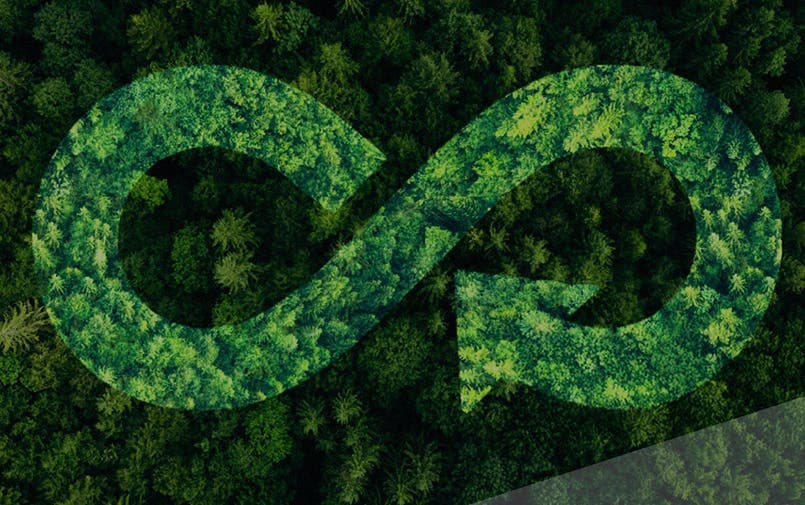
The Future is Circular
Leading the zero waste revolution requires vision, investment, and collaboration. It demands that industries partner with innovators who can deliver high-performance recycled materials without compromise.
For textiles, this means aligning with a textile recycler capable of recycling polyester textile into durable, high-quality inputs through chemical recycling resin technology. For the planet, it means breaking free from the linear model and fully embracing sustainable manufacturing.
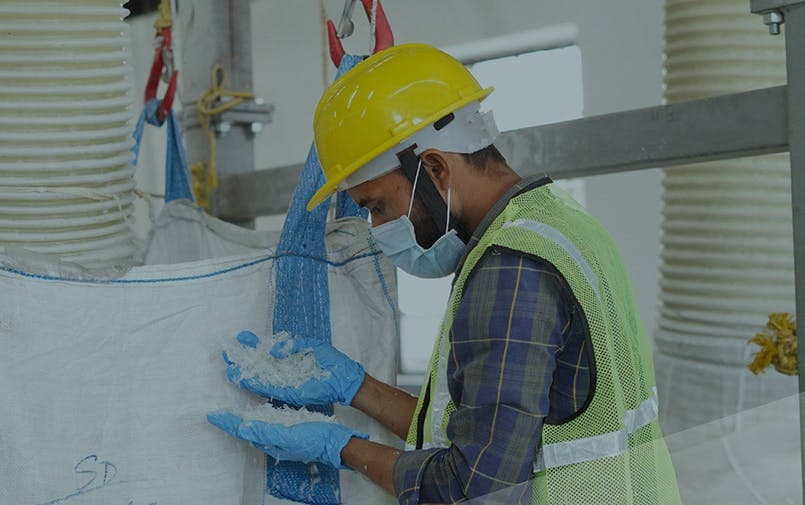
The question is no longer “can we” achieve zero waste. It’s “will we”?